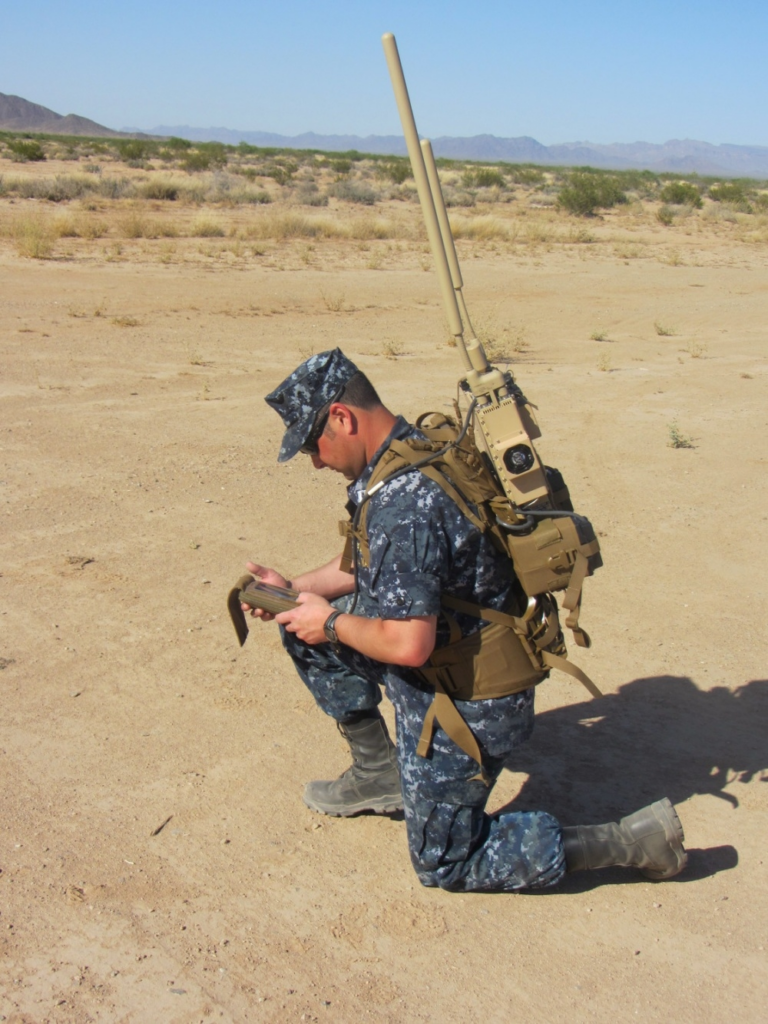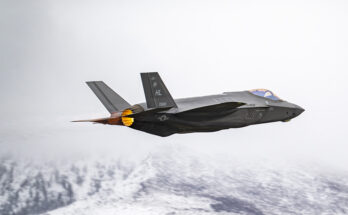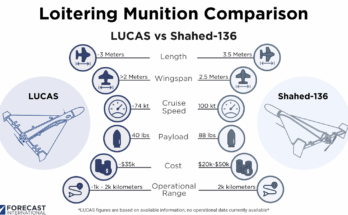
As the worldwide threat of improvised explosive devices has not only remained strong but has evolved with new technological advancements, the demand for long-running, workhorse systems like the Joint Counter Radio-Controlled Improvised Explosive Device Electronic Warfare (JCREW) jammer has kept pace with the new challenges.
This past February saw the U.S. Navy award Northrop Grumman, one of JCREW’s major contractors, a $42.7 million order for engineering and sustainment support of the systems for U.S. forces and the government of Australia under the Foreign Military Sales (FMS) program. This contract includes options that, if exercised, would bring the cumulative value of this contract to $123.2 million.
Just two years previously, Northrop Grumman received a $329 million JCREW production contract including operational-level spares and depot-level spares. An FMS component also included funding for Australian procurement for $116.4 million.
Currently, multiple contractors are producing versions of the jammers tailored to specific and sometimes limited applications. The systems include three capabilities: mounted, dismounted, and fixed sites such as compounds, airfields, buildings, and guard posts. For the most part, however, JCREW jammers will mostly be produced over the next several years to meet the demand for vehicle and dismounted soldier protection.
As production and support continues apace, R&D to keep the systems current and adequately distributed is also ongoing. According to the Navy, the newest version, JCREW Increment 1 Block 1 (I1B1), supports global deployment and sustainment for all combatant commands.
In July 2023, the Program Executive Office for Unmanned and Small Combatants announced that JCREW I1B1 program had achieved full operational capability.
Andrew Dardine is lead analyst for Forecast International's Defense Electronic Systems group. He is the primary author of Forecast International's Electronic Warfare Forecast and co-author of Electro-Optical Systems Forecast and C4I Forecast. Andrew is also a regular contributor to FI's Defense & Security Monitor blog, offering insights into developing technologies such as directed-energy and next-generation jamming systems. His analysis of such vital market areas as EO/IR systems and electronic countermeasures technology has been cited in Defense News, Aerospace Daily, and Bloomberg Businessweek, among other news media. He has also written about the electronic defense market for Aviation Week and the Journal of Electronic Defense.




